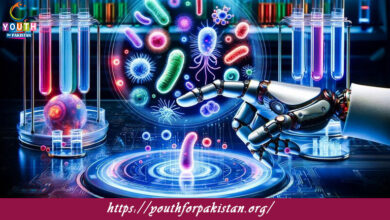
Welcome to the Origins of Life MCQs with Answers, it helps learners quickly identify areas for improvement in Origins of Life Online Test.
| The origins of life on Earth is a fascinating and complex topic that explores how life began from non-living matter. Origins of Life MCQs and origins of life quiz questions are designed to assess understanding of these fundamental concepts.
Abiogenesis multiple choice questions focus on the process by which life arose naturally from non-living matter, a key concept in understanding the beginnings of life. Early Earth conditions MCQs examine the environmental factors on the primitive Earth, such as volcanic activity, lightning, and the presence of water, which created a suitable environment for life to emerge. Chemical evolution quiz questions delve into the sequence of chemical reactions that led to the formation of simple organic molecules, which eventually gave rise to more complex structures essential for life. Primordial soup theory MCQs explore the hypothesis that life began in a “soup” of organic molecules, possibly in the oceans, where energy from various sources facilitated the formation of simple life forms. Understanding the origins of life not only provides insights into how life began on Earth but also informs the search for life on other planets, making it a vital area of study in both biology and astrobiology. |
Origins of Life Online Quiz
By presenting 3 options to choose from, Origins of Life Quiz which cover a wide range of topics and levels of difficulty, making them adaptable to various learning objectives and preferences. You will have to read all the given answers of Origins of Life Questions and Answers and click over the correct answer.
- Test Name: Origins of Life MCQ Quiz Practice
- Type: Quiz Test
- Total Questions: 40
- Total Marks: 40
- Time: 40 minutes
Note: Answer of the questions will change randomly each time you start the test. Practice each quiz test at least 3 times if you want to secure High Marks. Once you are finished, click the View Results button. If any answer looks wrong to you in Quiz, simply click on question and comment below that question, so that we can update the answer in the quiz section.
Download Certificate of Origins of Life Test
On the end of Quiz, you can download the certificate of the quiz if you got more than 70% marks.
Origins of Life Flashcards

The process by which simple organic molecules combine to form larger, more complex molecules is called _____.

The theory that suggests life may have originated in deep-sea hydrothermal vents is known as the _____.
If you are interested to enhance your knowledge regarding Physics, Computer, and Biology please click on the link of each category, you will be redirected to dedicated website for each category.




